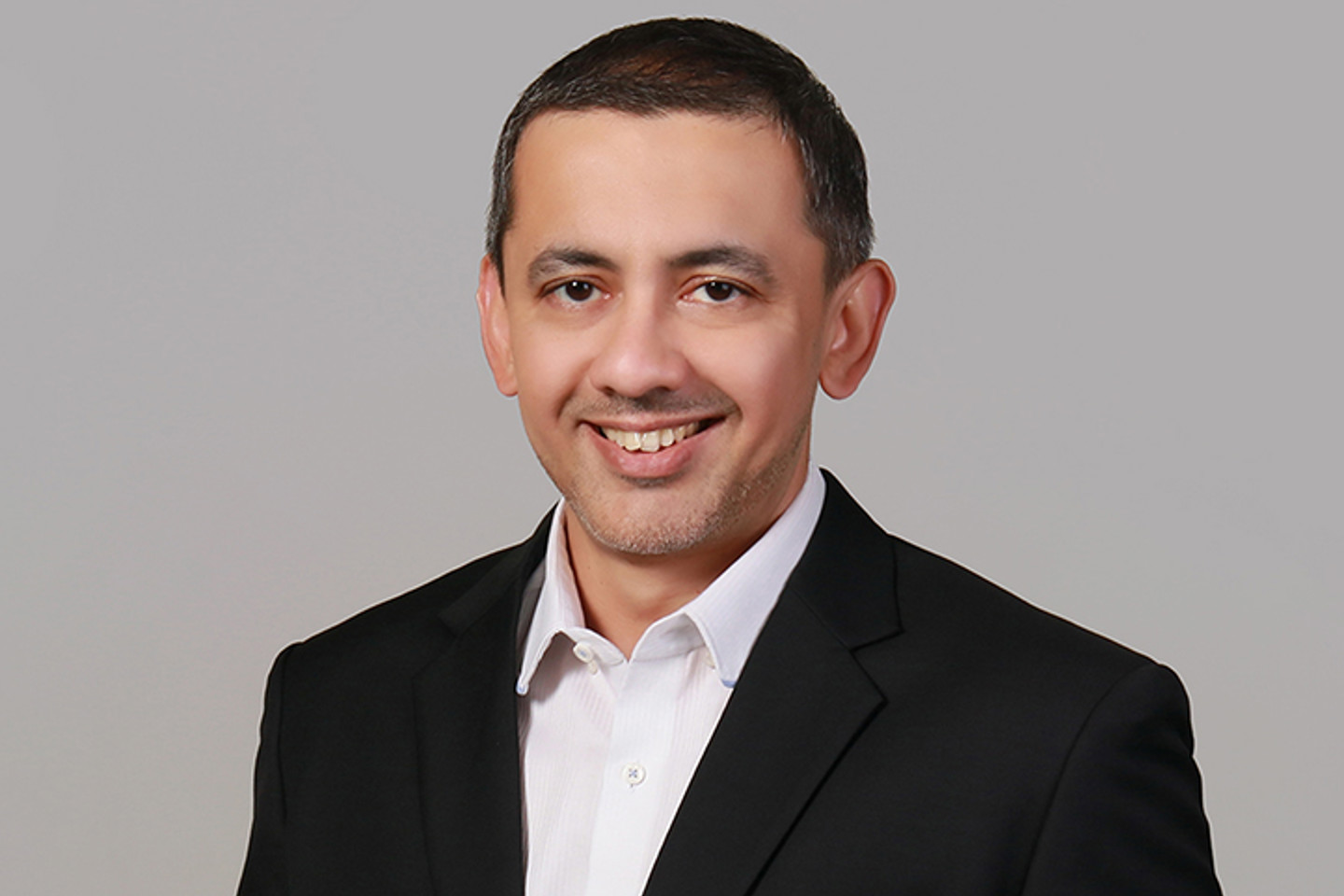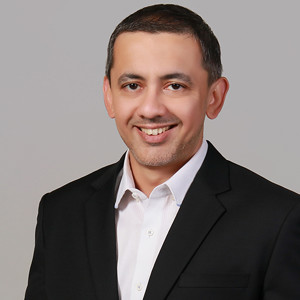
Tervinder Chal
Managing Director, Singapore | Corporate and Fiduciary
Singapore

Tervinder Chal
Managing Director, Singapore
Singapore
Big things are happening at Ogier. Change is embedded in everything we do. It is redefining our talent, our ways of working, our platforms of delivery, our culture.
Services
We have the expertise to handle the most demanding transactions. Our commercial understanding and experience of working with leading financial institutions, professional advisers and regulatory bodies means we add real value to clients’ businesses.
Sectors
Our sector approach relies on smart collaboration between teams who have a deep understanding of related businesses and industry dynamics. The specific combination of our highly informed experts helps our clients to see around corners.
We have the expertise to handle the most demanding transactions. Our commercial understanding and experience of working with leading financial institutions, professional advisers and regulatory bodies means we add real value to clients’ businesses.
Legal
Corporate and Fiduciary
Consulting
Banking and Finance
Corporate
Dispute Resolution
Employment law
Intellectual Property
Investment Funds
Listing Services
Local Legal Services
Private Wealth
Property law
Regulatory
Relocation Services
Restructuring and Insolvency
Tax
Banking and Finance overview
Asset Finance
CAYLUX Fund Finance
Debt Capital Markets
Derivatives
Fund Finance
Islamic Finance
Leveraged Finance
Listing services
Real Estate Finance
Regulatory
Restructuring and Insolvency
Structured Finance
Sustainable Finance
Corporate overview
Economic Substance
EIIS Services in Ireland
Equity Capital Markets
Insurance and Reinsurance
Listing services
Mergers and Acquisitions
Private Equity
Real Estate Structuring, Acquisitions and Disposals
Regulatory
Technology and Web3
Dispute Resolution overview
Banking Disputes
Corporate and Financial Services Disputes
Crypto Disputes
Enforcement of Judgments and Awards
Fraud and Asset Tracing
Funds Disputes
Insurance Disputes
International Arbitration
Regulatory
Restructuring and Insolvency
Section 238 Shareholder Appraisal Rights
Shareholder and Valuation Disputes
Trusts Disputes and Applications
Investment Funds overview
Hedge Funds
Managers and Sponsors
Private Equity
Real Estate, Infrastructure and Energy Funds
Regulatory
Sustainable Investing and Impact Funds
Technology and Web3
Local Legal Services overview
Cayman Local Legal Services
Channel Islands Local Legal Services
Employment law
Estate Planning, Wills and Probate
Expat services
Family Office
Intellectual Property
Ireland Local Legal Services
Make your Guernsey will online
Make your Jersey lasting power of attorney online
Make your Jersey will online
Notary public services
Property law
Relocation Services
Private Wealth overview
Employee incentives and pensions
Estate Planning, Wills and Probate
Family Office
Make a Jersey lasting power of attorney online
Make your Guernsey will online
Make your Jersey will online
Private Wealth and ESG
Private Wealth and Jersey Private Funds
Relocation Services
Trust Advisory Group
Accounting and Financial Reporting Services - Ogier Global
Cayman Islands AML/CFT training - Ogier Global
Corporate Services - Ogier Global
Debt Capital Markets - Ogier Global
Fund Services - Ogier Global
Governance Services - Ogier Global
Investor Services - Ogier Global
Ogier Connect - Ogier Global
Private Wealth Services - Ogier Global
Real Estate Services - Ogier Global
Regulatory and Compliance Services - Ogier Global
Our sector approach relies on smart collaboration between teams who have a deep understanding of related businesses and industry dynamics. The specific combination of our highly informed experts helps our clients to see around corners.
Ogier provides practical advice on BVI, Cayman Islands, Guernsey, Irish, Jersey and Luxembourg law through our global network of offices across the Asian, Caribbean and European timezones. Ogier is the only firm to advise on this unique combination of laws.
Keep up to date with industry insights, analysis and reviews. Find out about the work of our expert teams and subscribe to receive our newsletters straight to your inbox.
Fresh thinking, sharper opinion.
We get straight to the point, managing complexity to get to the essentials. Our global network of offices covers every time zone.
No Content Set
Exception:
Website.Models.ViewModels.Components.General.Banners.BannerComponentVm
News
31 January 2024
Singapore
2 min read
ON THIS PAGE
The variable capital company (VCC) structure was established by Singapore in 2020. Since then, Singapore has reported a total of 969 incorporated or re-domiciled VCCs representing 1,995 sub-funds, both umbrella and standalone.
VCC structures continue to evolve, primarily driven by investor and regulatory requirements. As these structures are becoming significant beyond Singapore's borders, some challenges remain as fund managers in Asia look to integrate domestic structures with those in other jurisdictions.
Complying with regulation across relevant jurisdictions, the appropriate level of substance to benefit from tax-efficient rulings, along with overall costs associated to managing increasing structures are some of the key challenges being faced by fund managers.
VCC integration routes into domestic structures will vary depending on the geographical spread. There are widely used structuring routes, for example Luxembourg structures integrating with those in Singapore. Another route commonly used is structures based in Singapore integrating with those domiciled in wider Asia-Pacific regions, where the legal and tax aspects of these structures have been well-tested.
Primarily, VCC restructuring is driven by the search for capital. Necessitating multi-jurisdictional structuring to accommodate US, European investors and ultimately investing into Asia-Pacific regions.
Another driver for restructuring is the changing regulatory environment. The advent of the VCC in Singapore has provided managers with a good fund vehicle for which investors can feed into directly. Whilst it is still in its infancy, it provides an option for Managers to use a Singapore domiciled structure as the fund vehicle.
Given the mature fund ecosystem, VCC structural adaptations may enhance the efficiency and effectiveness of Asian fund management. There is a wide array of service providers (legal, fund administrators and custodians) with global connections and deep local expertise that are able to support fund managers cross-jurisdictionally. Additionally, any simplification within structuring reduces operational complexity and costs.
The Monetary Authority of Singapore (MAS) is expected to announce further changes to VCC structures in 2024 and 2025, with the aim of increasing its efficiency and use as a fund vehicle where investors can invest directly.
The founder of Abacus Capital, Hogi Hyun, shared insights on the possible upcoming changes based on industry feedback: "(MAS is considering) amending the existing legislation to allow fund managers who wish to convert their existing funds, currently structured as companies or unit trusts, to VCCs. Once this is passed, we expect more interest and use for cases for the Singapore VCC as a wealth management vehicle for clients to domicile their assets in one region."
"Going beyond Singapore depends on the ability to use the fund management license in other places (also known as passporting), and mutual agreements. Progress is happening steadily in this regard."

Tervinder Chal
Managing Director, Singapore | Corporate and Fiduciary
Singapore

Tervinder Chal
Managing Director, Singapore
Singapore
Contact Tervinder
Back

Connie Chan 陈丽芬
Associate Director 副董事 | Corporate and Fiduciary
Singapore

Connie Chan 陈丽芬
Associate Director 副董事
Singapore
Contact Connie
Back
Sign up to receive updates and newsletters from us.
Sign up
No Content Set
Exception:
Website.Models.ViewModels.Blocks.SiteBlocks.CookiePolicySiteBlockVm
